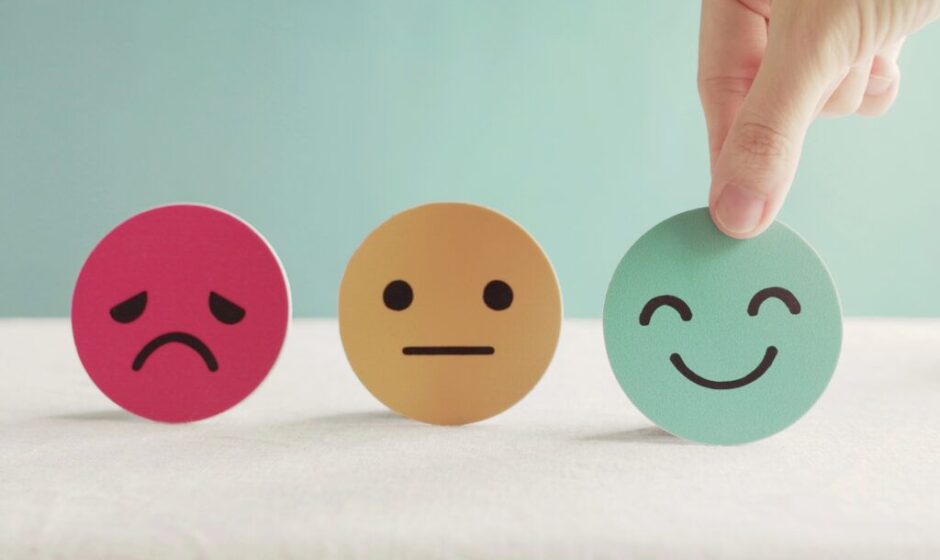Chemistry of Emotions: Quranic Metaphors and Neurotransmitters
Human emotions are complex, often intangible phenomena. While science studies them through hormones and brain activity, religious texts like the Quran offer profound metaphors that describe emotional experiences in spiritual and poetic ways. This article explores the chemistry behind emotions through the lens of modern neuroscience and Quranic metaphors, revealing how both disciplines, although different in methodology, beautifully complement each other in understanding human feelings.
Emotional Intelligence in the Quran
The Role of the Heart
The Quran often refers to the heart as the seat of understanding and emotion. For example, “They have hearts with which they do not understand” (Surah Al-A’raf 7:179). Modern neuroscience supports this metaphor by revealing the heart’s role in emotional regulation through the vagus nerve.
Inner Peace and Serenity
Verses like “Verily, in the remembrance of Allah do hearts find rest” (Surah Ar-Ra’d 13:28) mirror scientific findings that prayer and mindfulness reduce cortisol levels and activate calming neurotransmitters like serotonin.
Repentance and Emotional Relief
The Quran encourages repentance and forgiveness, which are linked to emotional release and reduced guilt. Neurochemically, acts of forgiveness activate oxytocin and dopamine pathways, providing emotional relief and connection.
Dopamine: The Quranic Concept of Reward
Understanding Dopamine
Dopamine is a neurotransmitter tied to the brain’s reward system. It spikes when we achieve goals or experience pleasure. In the Quran, Jannah (Paradise) is portrayed as the ultimate reward, aligning with the human craving for fulfillment.
Effort and Reward
“Indeed, Allah does not allow the reward of those who do good to be lost” (Surah At-Tawbah 9:120) reflects the psychological principle that effort linked with reward strengthens behavior through dopamine feedback.
Worldly vs. Eternal Rewards
The Quran draws a line between temporary pleasures and eternal joy, which resonates with the dopamine system’s tendency to desire instant gratification, even though long-term satisfaction yields deeper neurological impact.
Serotonin and the Pursuit of Contentment
Gratitude and Serotonin
Serotonin is associated with well-being and mood stabilization. Quranic teachings on shukr (gratitude) help elevate serotonin levels by promoting positive reflection and appreciation.
Social Bonds and Brotherhood
The verse “The believers are but brothers” (Surah Al-Hujurat 49:10) promotes unity and belonging. Serotonin increases when individuals feel respected and valued within a group.
Balanced Living
The Quran advises moderation: “Eat and drink but do not be excessive” (Surah Al-A’raf 7:31). Balanced habits support the production of serotonin, which is linked to gut health and lifestyle choices.
Cortisol, Stress, and Quranic Guidance
Trials as Purification
The Quran acknowledges stress and hardship but frames them as spiritual tests: “With hardship comes ease” (Surah Ash-Sharh 94:6). Cortisol, the stress hormone, is vital in small doses but harmful when chronic.
Prayer as a Coping Tool
Daily Salah (prayer) activates the parasympathetic nervous system, reducing cortisol. Neuroscientific studies confirm that consistent prayer lowers blood pressure and stress.
Trust in Allah
The Quran advises reliance on Allah (tawakkul): “And whoever relies upon Allah—then He is sufficient for him” (Surah At-Talaq 65:3). This trust reduces the fight-or-flight response and mitigates chronic stress.
Oxytocin: The Chemistry of Compassion
-
Oxytocin is known as the “love hormone” that strengthens bonds during social interaction.
-
Quranic verses that promote kindness, mercy, and charity increase communal compassion, resonating with oxytocin’s effects.
-
Acts like giving sadaqah stimulate emotional fulfillment, scientifically linked to oxytocin release.
-
The Prophet Muhammad (PBUH) was described as “a mercy to the worlds”, showing emotional intelligence in fostering unity and compassion.
GABA and Tranquility in Dhikr (Remembrance)
-
GABA (gamma-aminobutyric acid) is a neurotransmitter that reduces neuronal excitability, helping in relaxation.
-
Regular dhikr, or remembrance of Allah, can stimulate the brain’s calming mechanisms similar to meditation.
-
Surah Al-Ra’d 13:28 emphasizes this effect: “In the remembrance of Allah do hearts find rest.”
-
Controlled breathing during Tasbeeh aligns with practices that increase GABA and reduce anxiety.
Norepinephrine and Alertness in Islamic Rituals
-
Norepinephrine boosts alertness and focus, which aligns with Islamic practices like Tahajjud (night prayer).
-
Early rising and regular Salah discipline the body’s circadian rhythm, enhancing mental sharpness.
-
Fasting, another form of discipline, reduces mental fog and aligns brain chemicals for clarity.
-
Quranic commands to reflect and observe mirror the norepinephrine-driven curiosity and awareness.
Endorphins and Joy in Worship
-
Endorphins are feel-good chemicals released during physical activity and deep emotional experiences.
-
The physical postures of prayer, especially sujood (prostration), promote endorphin release by engaging the body and calming the mind.
-
Quranic recitation with emotional connection can activate limbic system responses, heightening pleasure.
-
Acts of community worship, like Jumu’ah (Friday prayer), enhance mood through shared experience and chemical reinforcement.
Conclusion
By examining emotional responses through neurotransmitters like dopamine, serotonin, cortisol, and oxytocin and aligning them with Quranic metaphors and guidance, we see a fascinating harmony between faith and science. The Quran doesn’t just address the spiritual needs of a person but also offers emotional regulation techniques supported by modern neuroscience. For those seeking a balanced life, understanding these parallels can be deeply transformative.
At Muhammadan Quran School, we blend this holistic understanding of the Quran with engaging, one-on-one online Quran classes for kids and adults worldwide.



